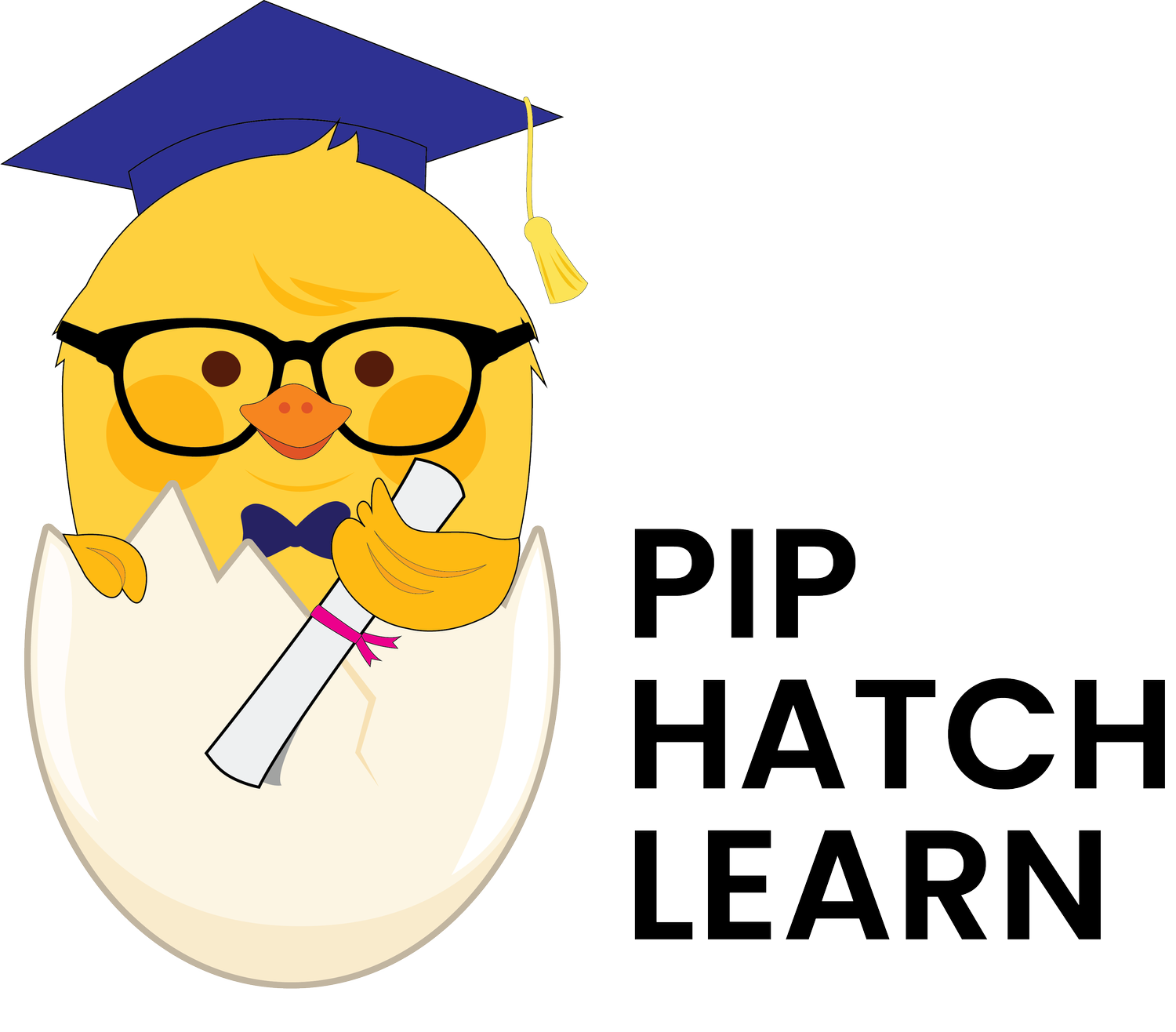
Frequently
Asked
Questions
-
Yes, provided there is adult supervision. We supply a hygiene and safety guide on the best practices for this.
-
Some return home to us so that we can continue to keep the bloodline going. Others are passed onto our honest network who either keep them as their flock or follow humane practices. Our program does contain a “paddock to table” educational section.
-
Majority of our hatchlings are healthy but unfortunately life isn’t always perfect. We do supply a documented guide for if this does happen. If the school is uncomfortable with humane dispatch, we will drive out to assist (within a certain radius).
-
Chickens & ducks are flock animals and will become distressed and frett when by themselves. They should be adopted in minimum groups of 2-3.
-
Sexing a chick or duckling as a new hatchling (manually examining the internal reproductive organs) is a process that must be carried out by an experienced specialist. It is not performed as part of the Pip Hatch Learn program. Feather sexing is also not accurate in all breeds or bloodlines, therefore is not a reliable way to determine the gender of your chick. You will not be able to determine the gender of your chick or duckling until they are around 6-8 weeks old. If you have adopted chicks and find you have a rooster you are not able to keep, Rooster Returns (our pick up service) can be booked via our website.
